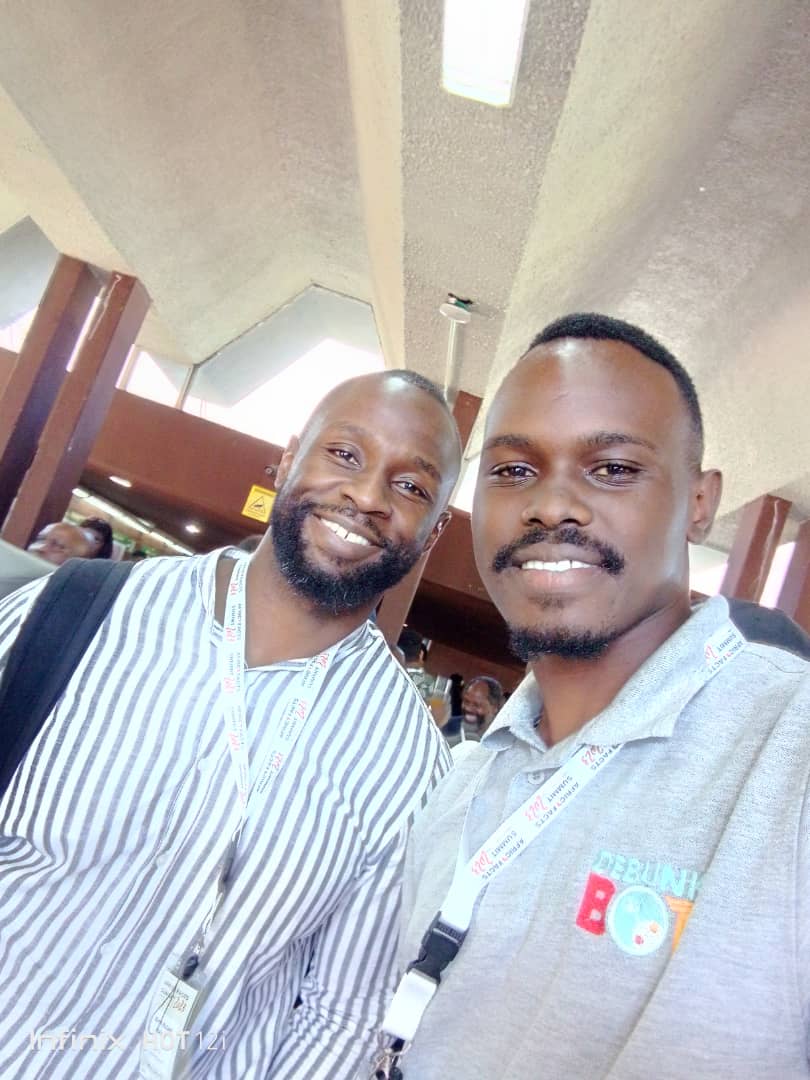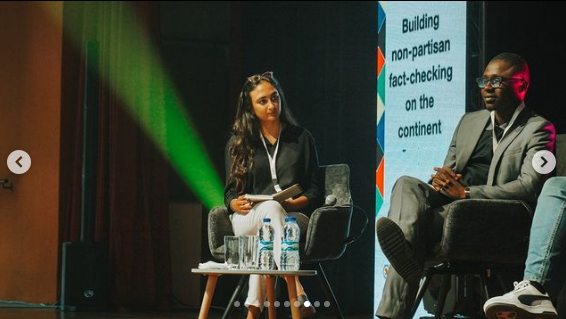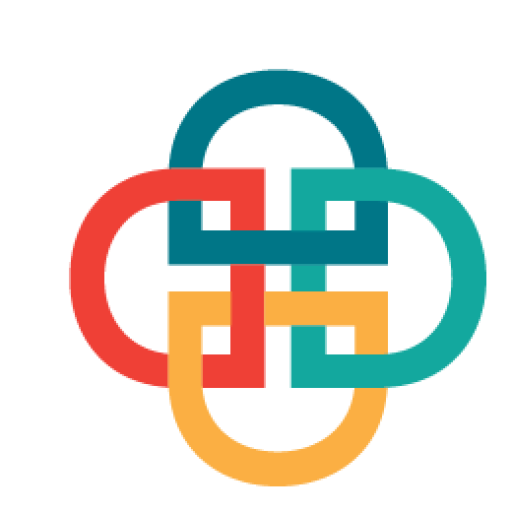BUILDING NON PARTISAN FACT CHECKING ON THE CONTINENT

This year’s Africa Facts Summit was hosted in Port Louis, Mauritius, drawing over 200 fact-checkers from across the African continent. The primary focus of the event was to strategize methods for establishing impartial fact-checking practices throughout the region.
Members of the Africa Facts Network, such as the Debunk Media Initiative, ZimFact, Africa Check, Dubawa, and Addis Zeybe, were among the many participants during the two-day event. Notably, representatives from the International Fact-Checking Network (IFCN), Full Fact, and the European Fact-Checking Standards Network (EFCS) were also present.
The initial day of the summit centered on crucial themes like the impact of AI on fact-checking processes, examining how fact-checkers covered Nigeria’s 2023 elections, and understanding the strategies employed by those spreading disinformation. Key findings highlighted AI’s role in efficiently sourcing public claims and aiding fact-checkers in identifying misinformation patterns.

However, it emphasized that while AI is a powerful tool, it necessitates human judgment and oversight. Additionally, it was noted that media literacy is essential to comprehend AI’s potential positive impact and to expedite the fact-checking process.
Further discussions revealed that disinformation spreads for various reasons, including financial, political, ideological, and personal motivations, and the presence of a kernel of truth within false information to make it believable.
To combat this, strategies such as targeting specific demographics, creating engaging content, and forming partnerships for amplification were recommended.
Google’s significant support for fact-checkers worldwide was highlighted, including a $12.5 million Global Fact-Checking Fund dedicated to assisting fact-checking organizations.
Google has also introduced tools like Fact Check Explorer, Image Context Reviews, and Tinyurl.com to aid fact-checkers in verifying information.

The second day concentrated on the detrimental effects of false information. Discussions included guidelines on choosing claims to be fact-checked, emphasizing the importance of verifying claims that matter to the public and have substantial credibility.
The aim is for fact-checks to create a tangible impact on society.

The development of media literacy, which advocates for early training of people, journalists, and civil society organizations in skills including fact-checking, digital literacy, investigative journalism, and the use of open-source intelligence tools, was additionally linked to tackling false information.
Additionally, the need for African fact-checking organisations to join the International Fact-Checking Network (IFCN) was emphasised to foster cross-border collaborations, access funding, and utilize fact-checking tools. Joining IFCN necessitates adherence to specific principles and maintaining an average of one fact check per week as a registered fact-checking entity in the relevant jurisdiction.
In summary, nurturing a fact-checking culture requires collaborative efforts, enhanced capacities, media literacy initiatives, and structured research, ultimately leading to a more impactful and credible world.
By Edgar M Karuhanga

